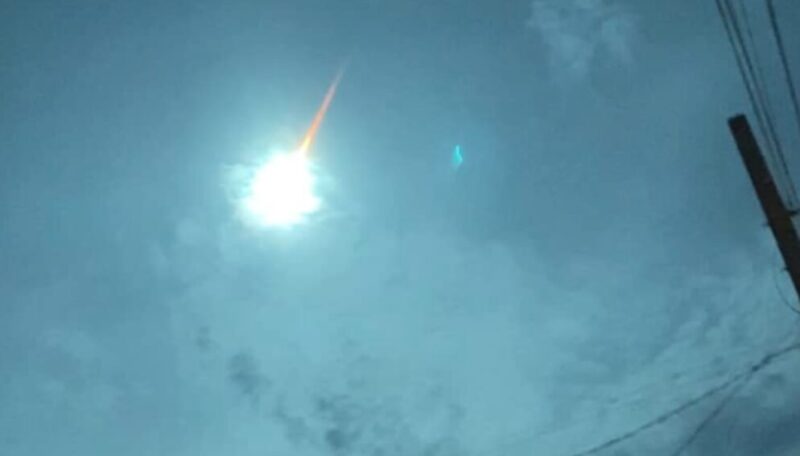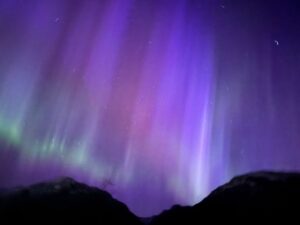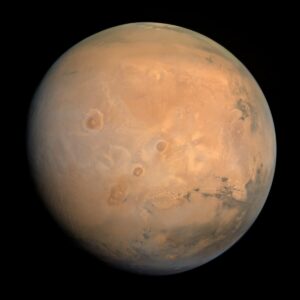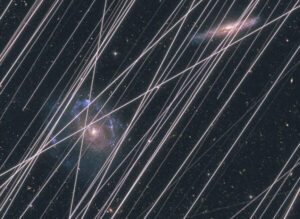A tiny asteroid became a huge fireball as it hit the atmosphere over the Philippines this week. Researcher Jacqueline Fazekas at Arizona’s Catalina Sky Survey noticed the asteroid on Wednesday morning, just hours before it hit Earth.
Only a meter in diameter, it posed no danger to people. Astronomers correctly predicted it would burn up in the atmosphere. Asteroids of this size hit Earth fairly regularly but are rarely spotted before the collision.
“This is just the ninth asteroid that humankind has ever spotted before impact,” the European Space Agency (ESA) said on X.
Most detection work focuses on larger asteroids, which pose more of a risk. Smaller ones are generally missed. But while not life-threatening, these medicine ball-sized missiles can still cause significant damage.
The ESA confirmed where and when the space rock, called 2024 RW1, would crash into the atmosphere. It encouraged the people near Luzon Island in the Philippines to watch if the fireball was visible.
Despite a nearby tropical storm, everyone within 400km could clearly see the green ball of fire as it scorched through the sky. Several people quickly shared videos of the spectacular event on social media.
𝗪𝗘𝗟𝗖𝗢𝗠𝗘 𝗧𝗢 𝗘𝗔𝗥𝗧𝗛, 𝗔𝗦𝗧𝗘𝗥𝗢𝗜𝗗 𝟮𝟬𝟮𝟰 𝗥𝗪𝟭! ☄️
Here’s a clear shot of the much-awaited small asteroid 2024 RW1 (#CAQTDL2) burning bright into a greenish ‘fireball’ over Lal-lo, Cagayan around 12:39 AM PhST, 05 September 2024. Did you see it too? 😊
— ScienceKonek (@sciencekonek) September 4, 2024
The little asteroid flew into the atmosphere at 12:46 pm ET at a speed of 17.6 kilometers per second. Friction quickly transformed it into a fireball as it broke apart over the western Pacific Ocean, producing a brilliant green light. Since the asteroid fragmented over the ocean, it is unlikely that any pieces will turn up. But astronomers are confident they can retrace its trajectory to determine what part of the galaxy it came from.
The next step in asteroid-related technology is to find a method to destroy or deflect any life-threatening asteroids coming our way. NASA and the China National Space Administration are already working on deflection methods.






